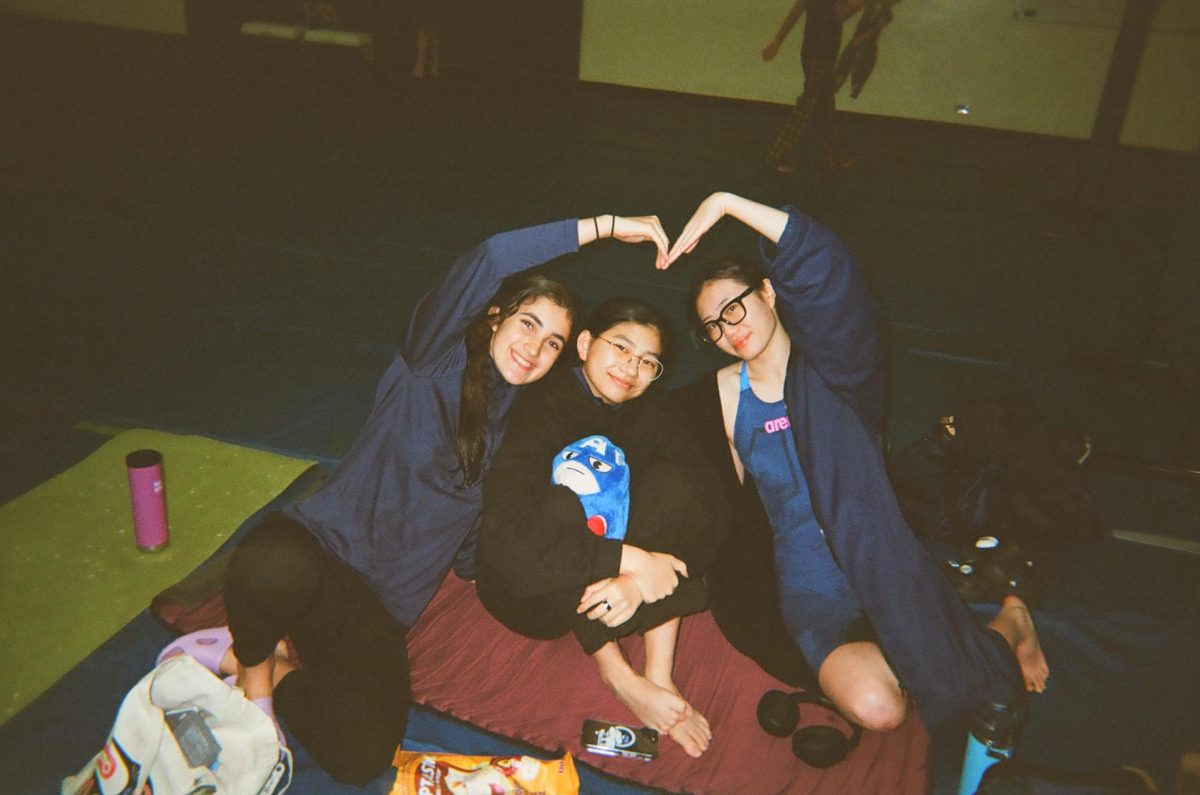(Image above) “Creed,” with Michael B. Jordan, left, and Sylvester Stallone, who received an Oscar nomination for his performance in this film about black lives. (Photo courtesy of Warner Bros. Pictures)
Lack of diversity in the media is a constant, controversial topic in the U.S. as most would agree that an increasingly progressive 21st century should reflect more equality on screen. Yet, minority representation seems to never be up to par with the standards of those rallying online for more people of color roles to be not only present but acknowledged by the Academy.
#OscarsSoWhite is a trending hashtag criticizing whitewashing, or white dominance in characters and movie roles. What was outrageous to many people was that not a single person of color has been nominated for an Academy Award this year.
Sadly enough, the hashtag was not created this year; it was brought back to trend for a second time after last year’s same situation. In fact, this is the 5th time that the Oscars nomination list features exclusively white actors in the past 30 years. In the years between 1927 and 2012, 99 percent of women who have won “Best Actress” have been white, and the same is true for 91 percent of men who have won “Best Actor.”
To break it down, there are a lot of angry people. These people are mad for different reasons.
The first issue is that people believe some black roles deserving of nominations were “snubbed,” a term commonly used to describe films or actors that were ignored or put aside for less deserving films or actors, by minor white roles. The two leading cases seem to be Straight Outta Compton and Creed, two well-reviewed box office films about black lives, which the only recognition received for the films went to the white writers of Straight Outta Compton and a white actor from Creed. The black directors of each movie along with their non-white actors, most notably director Ryan Coogler (Creed, Fruitvale Station) and actor Michael B. Jordan (Creed, Fruitvale Station), were shut out.
The second issue is one that was raised in Viola Davis’s speech at the 2015 Emmys just a short while ago. The problem is that there are not enough minority roles in the media to begin with, let alone to get nominated for awards. Many people who argue against criticism of whitewashing insist the roles nominated were the most deserving and therefore are not problematic. However—that’s the issue. The same amount of opportunities simply do not exist for minority actors.
The third group of angry people is the people who are upset about or critical of the #OscarsSoWhite trend and general outrage against the Academy. Some of these people believe that the social media users are overreacting, whereas some disagree with the way they have reacted. Actors and producers Will Smith and Jada Pinkett Smith controversially announced that they would be boycotting the 2016 Oscars due to lack of diversity. Many black celebrities responded negatively and felt that the boycott was unnecessary. Rapper Ice Cube, who co-produced Straight Outta Compton, compared the boycott to “crying about not having enough icing on your cake” while interviewed on The Graham Norton Show. He said, “We don’t do movies for the industry. We do it for the fans and the people. You know, the industry, if they give you a trophy or not, or they give you a pat on the back or not, it’s nice but it’s not something you should dwell on. We got accolades from [all kinds of people]. We got so much praise for the movie, and it’s like, how could you be mad ‘cause one other academy or guild or anybody didn’t say it’s the number 1?” Actress Janet Hubert, who co-starred alongside Will Smith on The Fresh Prince of Bel-Air as Aunt Viv, posted a viral video that slammed the Smiths and their decision to boycott. Her and some others feel that Smith is acting in response to his snub for his lead role in the film Concussion. “I find it ironic that somebody who has made their living and has made millions and millions of dollars from the very people that you’re talking about boycotting just because you didn’t get a nomination, just because you didn’t win?” said Hubert. “That’s not the way life works, baby.”
Although the face of the main battle for minority representation depicts a clash between black and white representation, the lack for black representation is a loss for all minority groups who continue to struggle to make it to the screen. In the last 10 years, no acting Oscars have been of Latino, Asian, or Native American descent, not to mention that there still is a lack of women involved in the Academy. Women are also affected by Academy bias: in the past 85 years, 99% of the Best Director winners were male, and 77% of Academy Voters were male.
The all-white Oscars nomination list this year probably wasn’t a shocker for most people, and that’s why it was just that much more infuriating. The fact that the statistics used in this article, which date back 85 years, are still relevant and reflective of media diversity today is disheartening. The Academy has addressed these issues and committed to changing their system with a promise to double the amount of women and academy members of color by 2020, claiming they are “going to lead and not wait for the industry to catch up.” Although it’s not an immediate solution, nor do I think there is one, the Academy has taken an important step forward and hopefully, the #OscarsSoWhite hashtag will not make a third round next year.

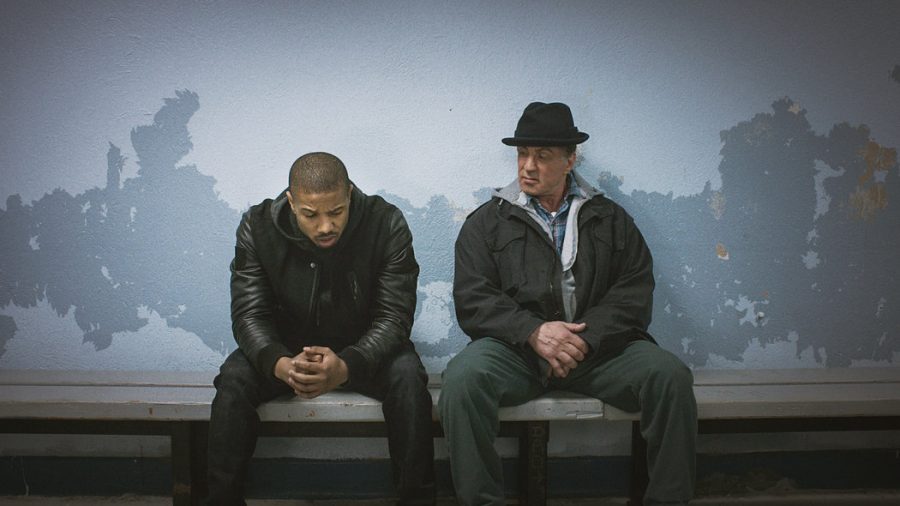
![[KATHERINE MA/THE BLUE & GOLD]](https://blueandgoldonline.org/wp-content/uploads/2021/04/photo.png)



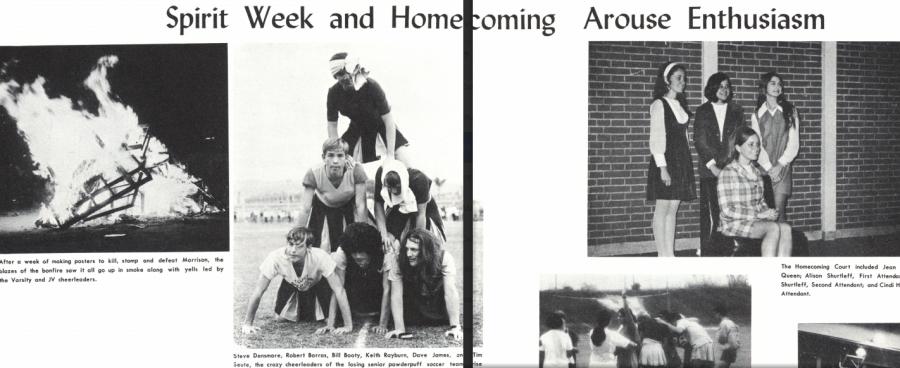


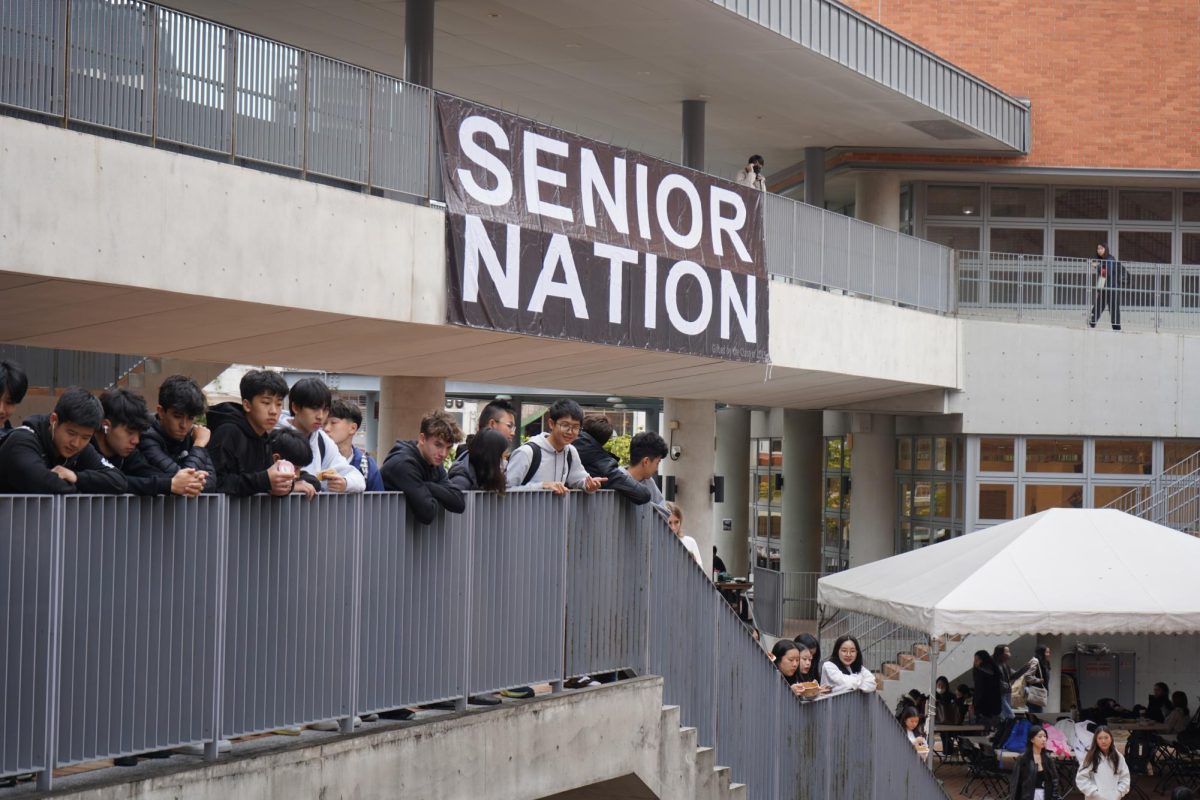
![[PHOTO COURTESY OF PIXABAY]](https://blueandgoldonline.org/wp-content/uploads/2025/03/white-18227_1280-1200x803.jpg)
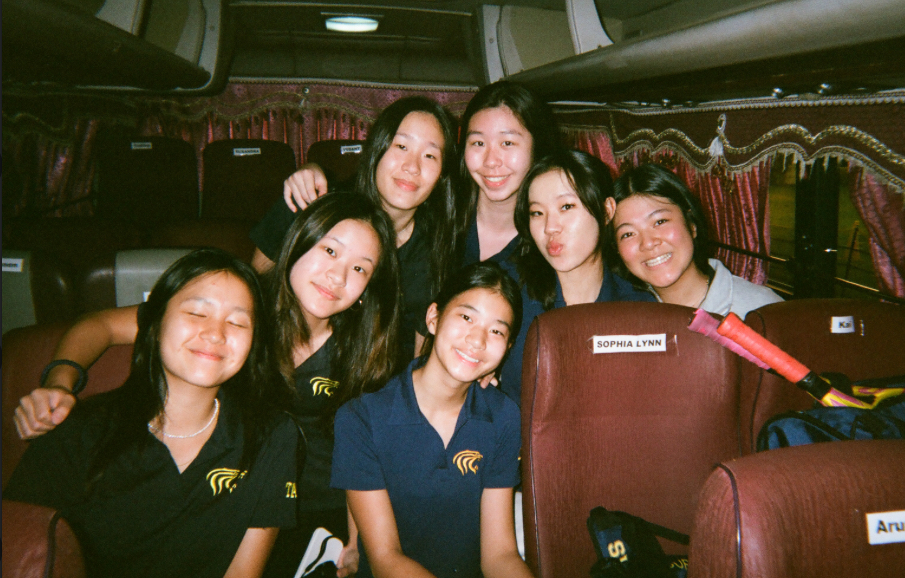
![[PHOTO COURTESY OF PIXABAY]](https://blueandgoldonline.org/wp-content/uploads/2025/03/fire-6706674_1280-1200x800.jpg)
